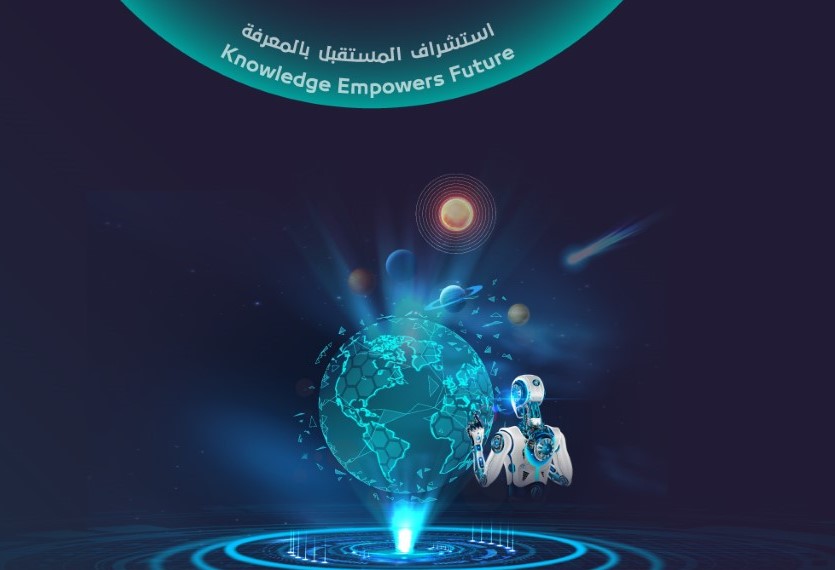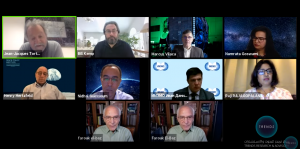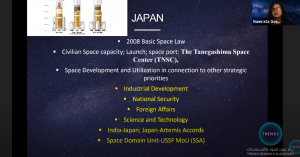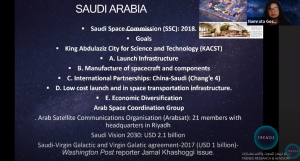
- ARAB NEWS
- 01 May 2024

Arab News Japan
TRENDS e-symposium on Feb. 2, launched a discussion on The Impact of Space in Redesigning the Humanity’s Future: New Frontiers of Geopolitics, Innovation, and Discovery.

The symposium was attended by various speakers, with some commenting on how nations approach space including Japan, and Saudi Arabia.
“In the last few years Japan is also starting to talk about lunar missions, developing its private space sector, including the importance of space situational awareness in collaboration with India and the US. Japan actually wants to establish capability to go to the moon,” said Independent Scholar Dr. Namrata Goswami.
Professor of Physics and Astronomy at the American University of Sharjah, Dr. Nidhal Guessoum shed light on other space achievements, sharing that “Japan has announced Smart Lander for later this year, probably in November.”

“Now, Saudi Arabia, again, another country in terms of looking at the strategic dimensions of space, including investment in space launch infrastructure, international partnerships,” he said.
The e-symposium explored a range of central topics including the Strategic Dynamics of Space, Geopolitical Dimensions and Policy Implications, A New Era of Space Innovation: The Key Drivers and Strategic Objectives, Human Settlement and Industrialization in Space: Priorities and Challenges.

The forum also covered the militarization, and commercialization of space.
Director of United Nation Office Outer Space Affairs (UNOOSA), Austria, Dr. Simonetta Di Pippo’s keynote speech opened the symposium.
“Space is indeed all around us and its not just metaphorically, our activities in this unique environment have reshaped human society into a modern globalized and connected civilization,” she said.
This TRENDS Forum took place at a time where advances in space exploration and research are at the forefront, especially considering the UAE Hope Probe’s undeniable success, as it prepares to land on Mars within a matter of days.
The UAE’s Hope Probe successfully lifted off from Tanegashima Space Center July 20 at 6:58 a.m. Japan Standard Time (1:58am UAE time.).
HOPE will be the first probe to provide a complete picture of the Martian atmosphere and its layers when it reaches Mars, according to Mitsubishi Heavy Industries, Ltd. (MHI)
“For UAE, it is very critical that they become a serious hub for space activities in the next 20/30 years and they have already signed the Artemis Accords” Dr. Goswami said.
“For the first time we have a mission by the United Arab Emirates called Amal that will go into the atmosphere of Mars, particularly the upper atmosphere,” said Dr. Farouk El-Baz, retired Director.
The Mission exemplifies the breakthroughs made in relation to space, and the mission’s success would be a major step for the oil-dependent economy seeking a future in space.
TRENDS Research and Advisory, was established in 2014, and contributes to conducting research and initiate conversation related to central global issues, while also studying matters related to international relations, economic and social sciences.